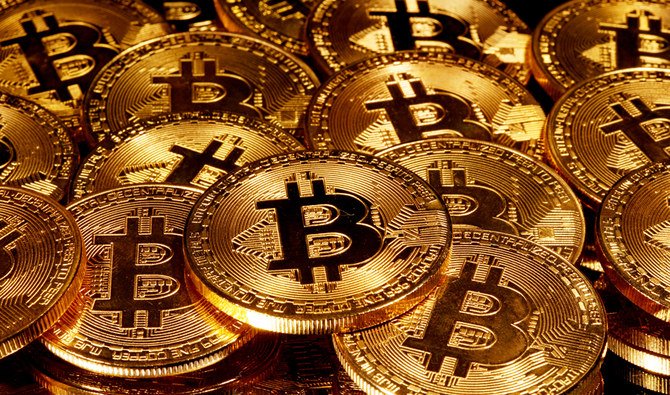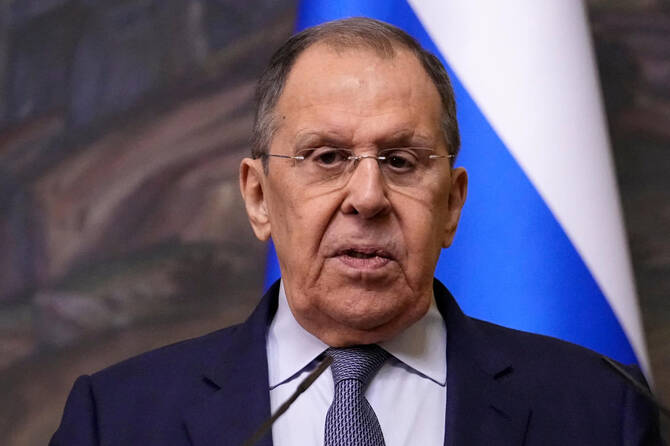Iran’s capital and major cities plunged into darkness in recent weeks as rolling outages left millions without electricity for hours. Traffic lights died. Offices went dark. Online classes stopped.
With toxic smog blanketing Tehran skies and the country buckling under the pandemic and other mounting crises, social media has been rife with speculation. Soon, fingers pointed at an unlikely culprit: Bitcoin.
Within days, as frustration spread among residents, the government launched a wide-ranging crackdown on Bitcoin processing centers, which require immense amounts of electricity to power their specialized computers and to keep them cool — a burden on Iran’s power grid.
Authorities shuttered 1,600 centers across the country, including, for the first time, those legally authorized to operate. As the latest in a series of conflicting government moves, the clampdown stirred confusion in the crypto industry — and suspicion that Bitcoin had become a useful scapegoat for the nation’s deeper-rooted problems.
Since the US unilaterally withdrew in 2018 from Tehran’s nuclear accord with world powers and re-imposed sanctions on Iran, cryptocurrency has surged in popularity in the Islamic Republic.
For Iran, anonymous online transactions made in cryptocurrencies allow individuals and companies to bypass banking sanctions that have crippled the economy. Bitcoin offers an alternative to cash printed by sovereign governments and central banks — and in the case of Iran and other countries under sanctions like Venezuela, a more stable place to park money than the local currency.
“Iranians understand the value of such a borderless network much more than others because we can’t access any kind of global payment networks,” said Ziya Sadr, a Tehran-based Bitcoin expert. “Bitcoin shines here.”
Iran’s generously subsidized electricity has put the country on the crypto-mining map, given the operation’s enormous electricity consumption. Electricity goes for around 4 cents per kilowatt-hour in Iran, compared to an average of 13 cents in the United States.
Iran is among the top 10 countries with the most Bitcoin mining capacity in the world — 450 megawatts a day. The US network has a daily capacity of more than 1,100 megawatts.
On Tehran’s outskirts and across Iran’s south and northwest, windowless warehouses hum with heavy industrial machinery and rows of computers that crunch highly complex algorithms to verify transactions. The transactions, called blocks, are then added to a public record, known as the blockchain.
Iran’s government has sent mixed messages about Bitcoin. On one hand, it wants to capitalize on the soaring popularity of digital currency and sees value in legitimizing transactions that fly under Washington’s radar. It authorized 24 Bitcoin processing centers that consume an estimated 300 megawatts of energy a day.
On the other hand, the government worries about limiting how much money is sent abroad and controlling money laundering, drug sales and internet criminal groups.
AP






















